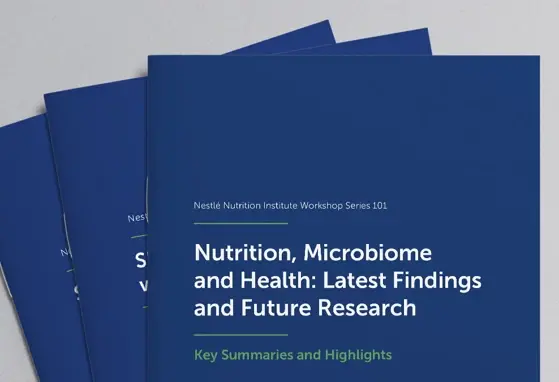The Human Milk Oligosaccharide, 6’Sialyllactose in early Life plays a key Role in the Brain Development of Mice
A recent preclinical study by Hauser and his colleagues, the findings of which were presented at the 51st Annual Meeting of the European Society for Paediatric Gastroenterology, Hepatology and Nutrition (ESPGHAN) held in Geneva, Switzerland in May 2018, supports the concept that early-life presence of human milk oligosaccharides (HMOs), especially 6’sialyllactose (6’SL), in the diet may benefit brain development and improve associated brain functions later in life, such as attention, learning/memory and possibly reduce impulsivity.
HMOs are the third most important component of milk and are considered to play an important role in the development of the brain. Evidence from preclinical studies suggests that supplementation of sialylated HMOs during lactation increases levels of brain gangliosides, improves cognition and reduces anxiety in rodents.
Hence, Hauser and his colleagues from the Nestlé Research Center, Switzerland in collaboration with the Istituto Superiore di Sanità, Italy, conducted a preclinical study to investigate the short- and long-term neuro-behavioural effects of rearing by a sialyl-transferase gene 1 (St6Gal1) knock-out mouse, which does not have 6’SL in its milk. The research team used a cross-fostering design, between the St6Gal1 knock-out and wild-type mice, which allows to distinguish between the effects mediated by the absence of 6’SL from the milk in mice and by deletion of the St6Gal1 gene in their pups. In the adult offspring, the researchers measured attention, learning and memory, and impulsivity using a battery of behavioural tasks and tests.
The researchers observed that the absence of 6’SL from milk resulted in changes of various neurological and cognitive parameters, such as a deficit of prepulse inhibition, delayed acquisition of attention-related tasks, delayed responses to several cognitive tasks and increased locomotor activity in the adult offspring. In addition, with the deletion of only the StGal1 gene in the offspring, a delayed acquisition of attention-related tasks, a deficit in object recognition and reduced spontaneous alternation in T-maze, a tool to analyse cognition in animal studies, were observed.
Hauser and his team concluded that dietary 6’SL given early in life may benefit neurodevelopment and improve associated adult brain functions. According to the research team, gut microbiota, via the gut-brain axis, are the most likely mediator of these beneficial effects, either through metabolites of 6'SL or changes of the gut microbiota composition itself due to the differential impact of 6'SL on specific bacterial population.
If you liked this post you may also like


The infant gut virome: Knowns, unknowns, and avenues for future studies

Environment and microbiota intersection with human health
